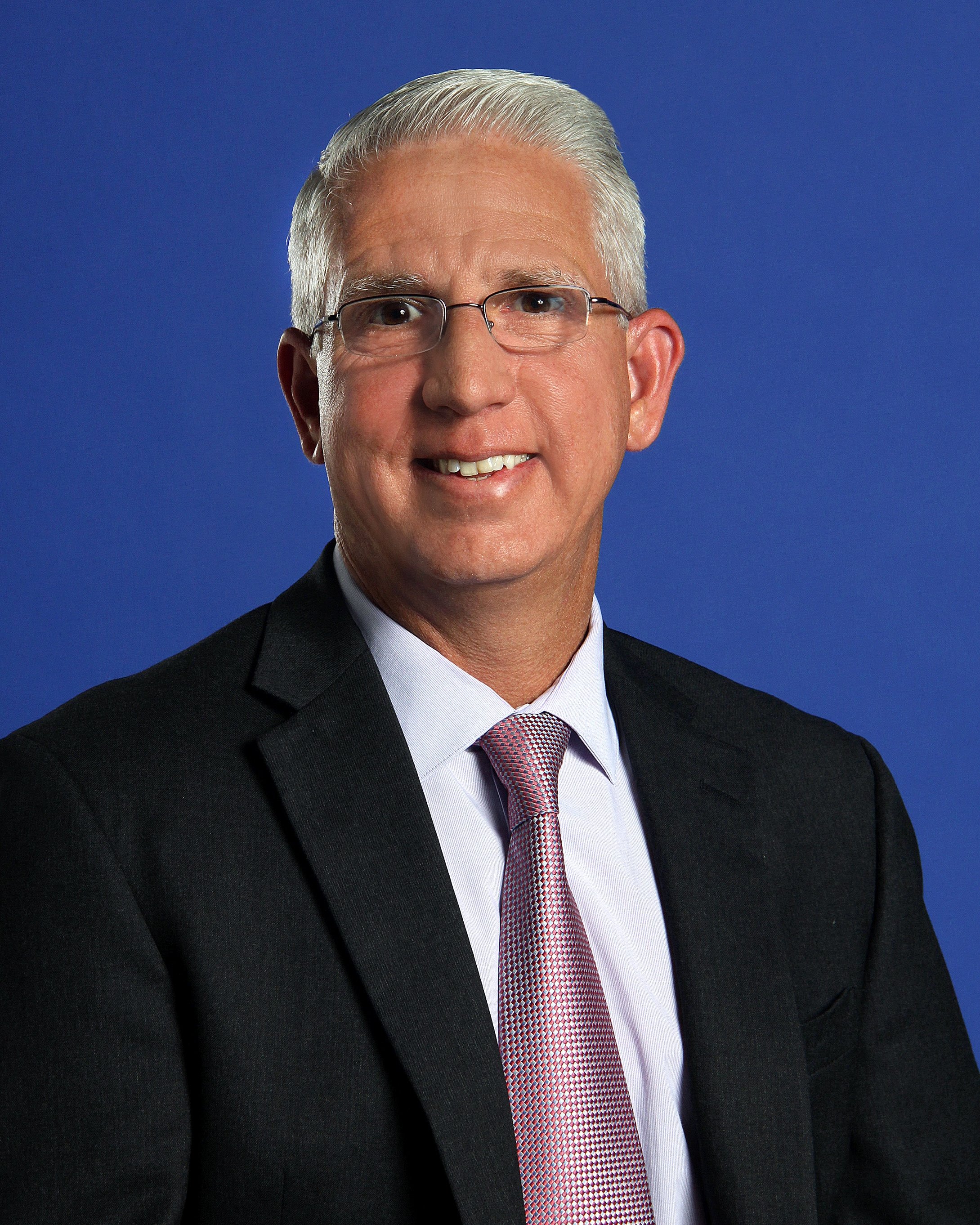Recent Drug Enforcement Administration (DEA) investigations of painkiller abuse in the National Football League (NFL) and Major League Baseball (MLB) have highlighted the results these drugs can have on relieving pain and energizing players. The FDA and former NFL team members who’ve filed a class-action lawsuit say players were given drugs like Percocet, Toradol and Novocain to energize them before games and relieve pain afterward.
But there’s another epidemic related to painkiller abuse sweeping the country, and it’s also a dangerous one. Painkiller addiction often serves as a gateway to heroin use and has led to skyrocketing levels of addiction to and deaths from the illegal and highly-addictive drug, according to a recent government report.
The study by the Centers for Disease Control and Prevention of 2010-2012 mortality data from 28 states found deaths from heroin overdoses doubled in those two years, from 1 to 2.1 deaths per 100,000 people, while deaths from prescription opioid drugs fell to 5.6 from 6 deaths per 100,000. The South region of the U.S. saw the second-highest increase in heroin overdoses – a whopping 181 percent leap.
As a result, addiction rehabilitation programs, are seeing an increase in patients seeking help for heroin addiction, including the South Miami Hospital Addiction Treatment & Recovery Center. We’re definitely seeing an increase. There are three things at the base of the current heroin epidemic.
Reasons for Increased Use
First, the closing of the “pill mills” in Florida meant there was no more easy access to narcotics. Strip malls and street corners laden with “pain clinics” attracted a constant flow of “patients” consuming narcotics. When these sources closed, these people sought the next readily available substance – heroin.
Second, the government challenged the pharmaceutical industry to change the content matrix of oxycodone to prevent it from being easily crushed and turned into a powder that can be snorted or injected to get high. As a result, people who were used to crushing, cooking or injecting starting using heroin.
Third, when a physician cuts off people who are legitimately taking prescription pain medicine for pain or recovering from an injury, they realize they’ve become dependent and go to heroin to fill the void. When access to the drug of choice is taken away, the addict becomes “dope sick,” a condition in which they feel so ill that they have to keep using to feel better. To many, the high that heroin provides is the cure. It‘s cheaper, readily available and its effects are relatively predictable.
Dangerous Effects
Many heroin users don’t think about how the illicit drug can damage the body. Pulmonary infections and endocarditis, a serious infection of heart valves, are the two most common infections that result from heroin use. The infections are caused by the white powdery substances mixed with heroin to bulk up volume in order for the sellers to charge more money for the drug. When things like talc, sugar and artificial sweeteners are injected or snorted into the body, they get into airways and heart valves, damaging or sometimes destroying, the body’s vital pulmonary or cardiac systems. Heroin itself, in its pure form, is like morphine, providing sedation and pain relief. It’s the contaminants in heroin that cause so many of the serious reactions and deaths.
Meanwhile, drug companies have created quick-acting, emergency treatments for overdose cases. To help save lives, several police and fire rescue crews and emergency rooms are now equipped with Narcan, a drug that serves as an immediate antidote to narcotic overdose. The medication also is available over-the-counter, and the White House recently issued a nationwide plea to people who regularly take narcotics, and even to heroin users, to keep it on hand.
So what can you do about preventing this epidemic in your own home? Lock Your Meds. Secure your medication, take regular inventory and safely dispose of expired and unused medications.




